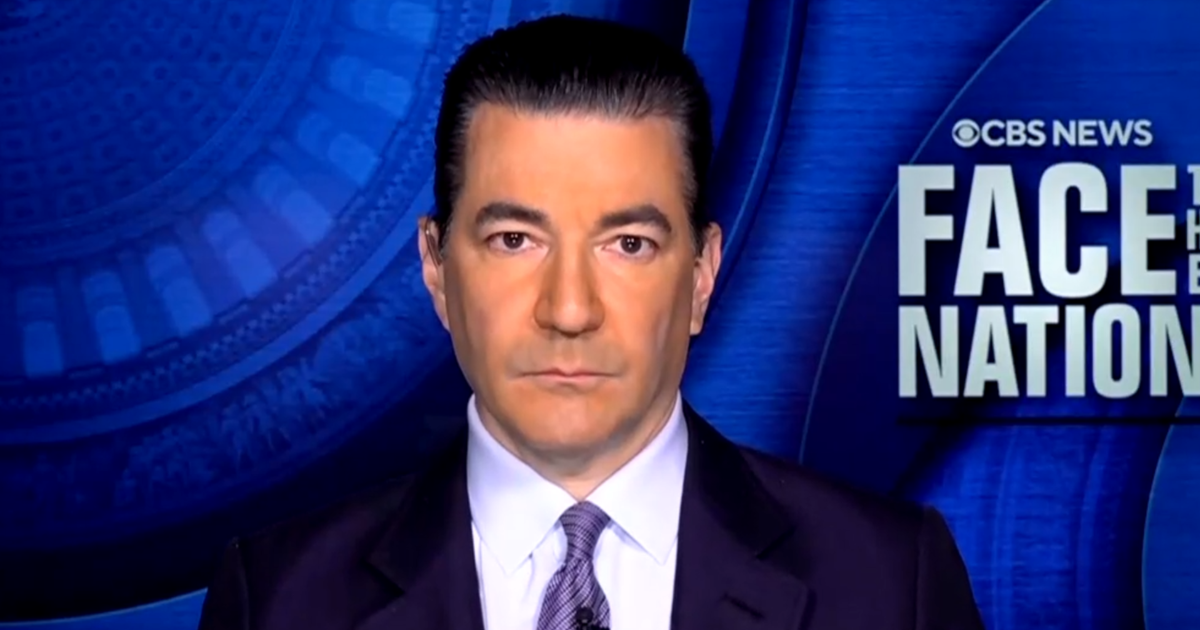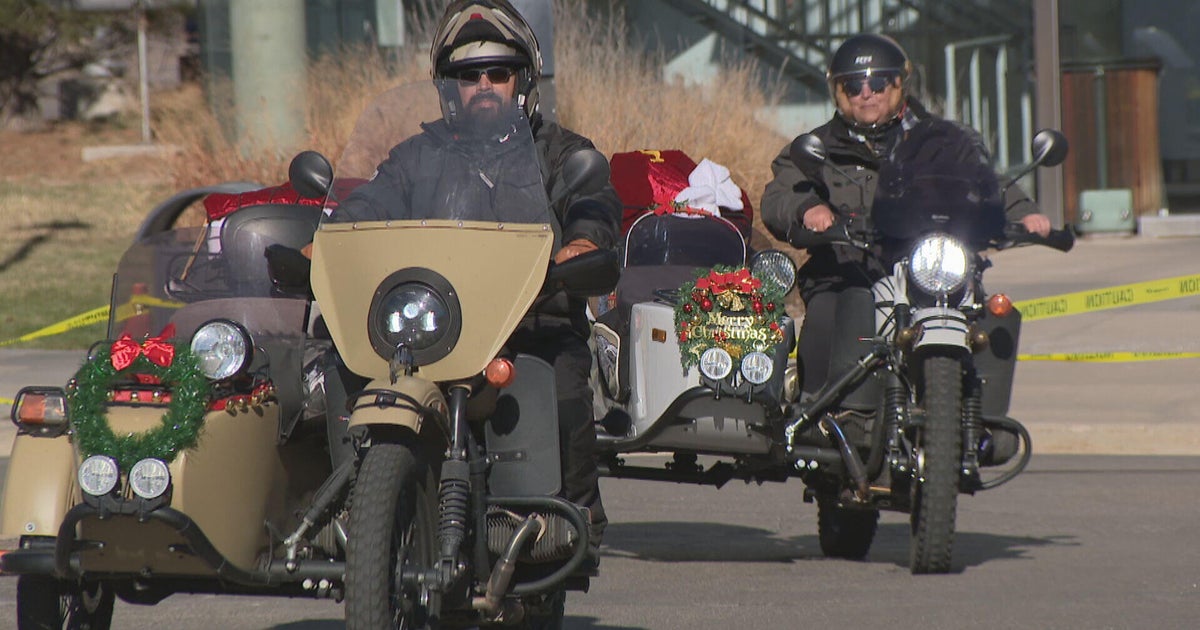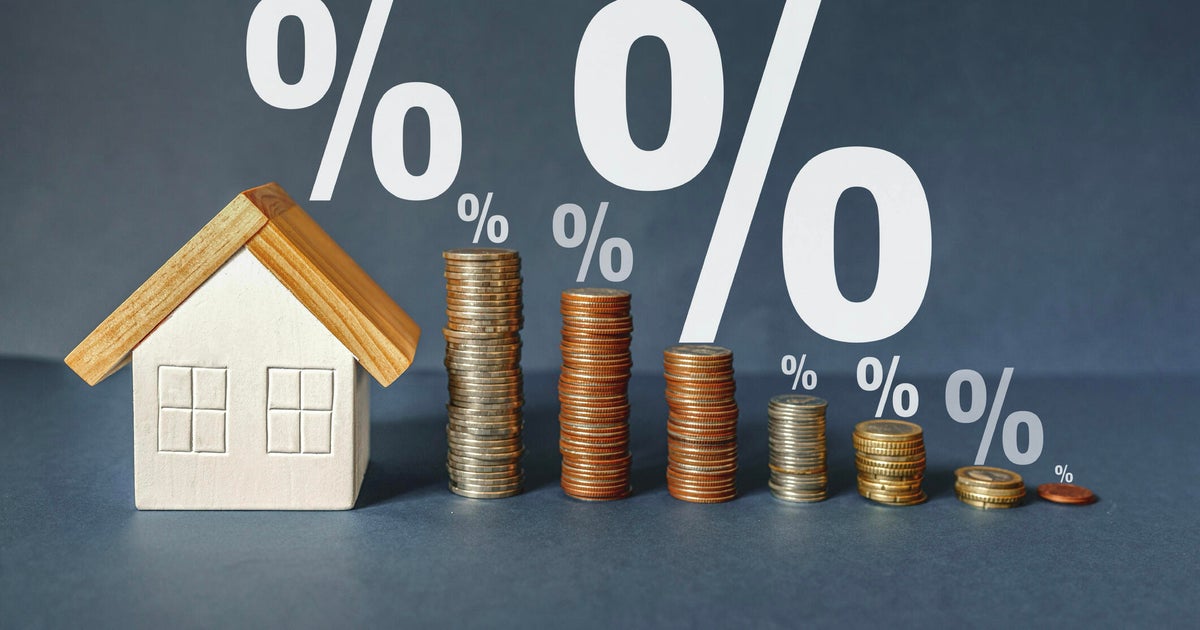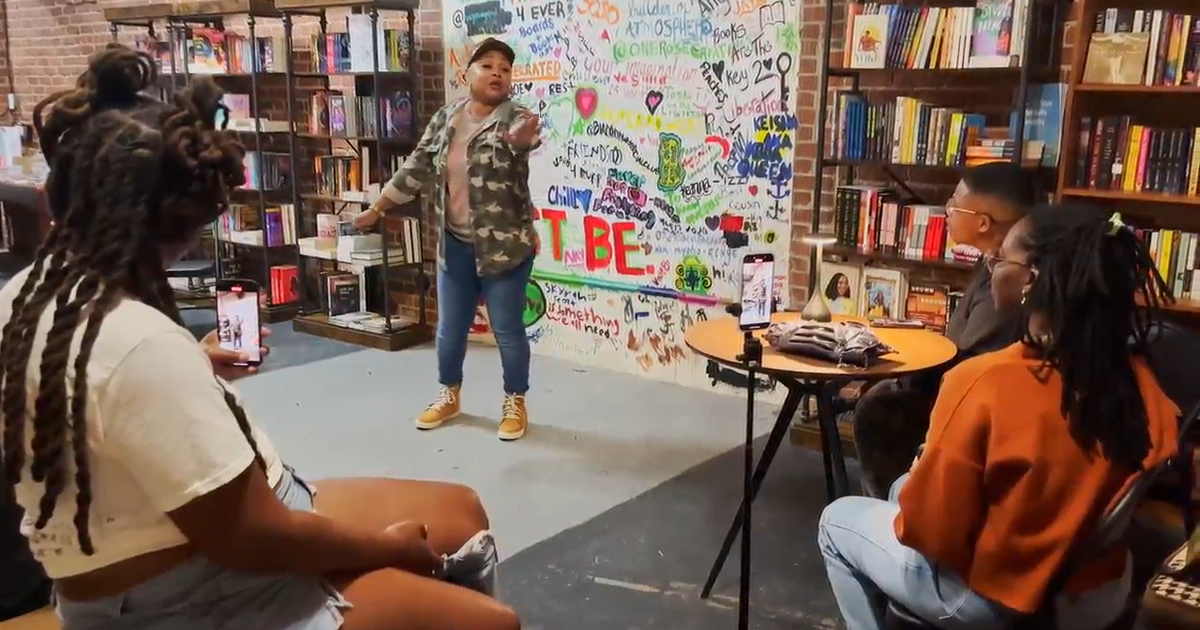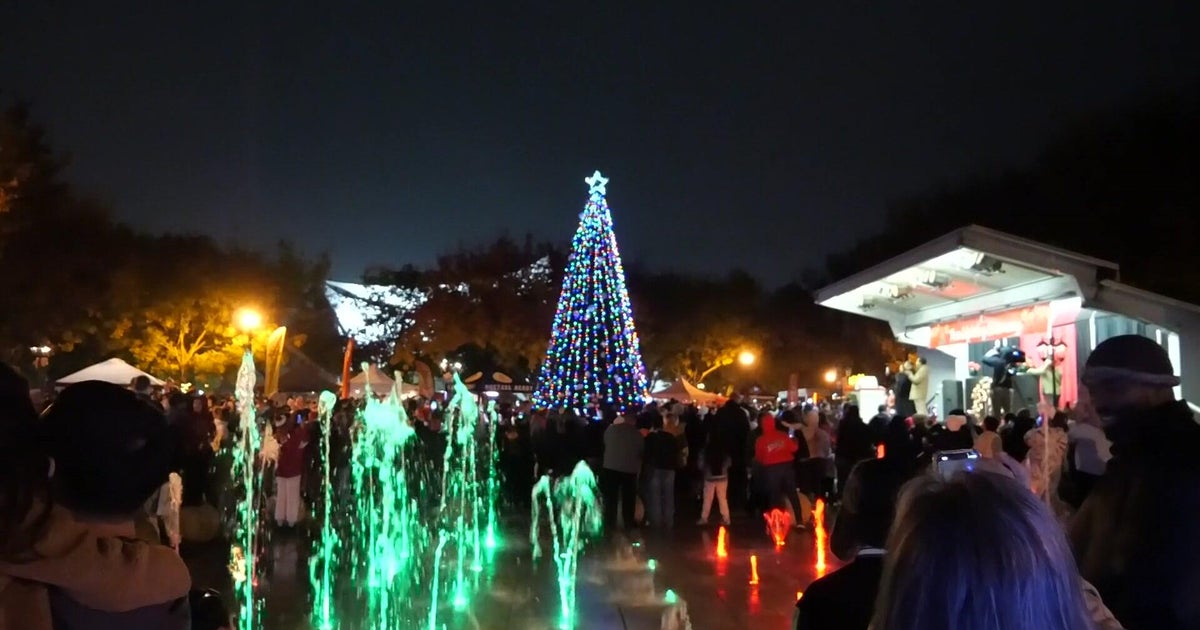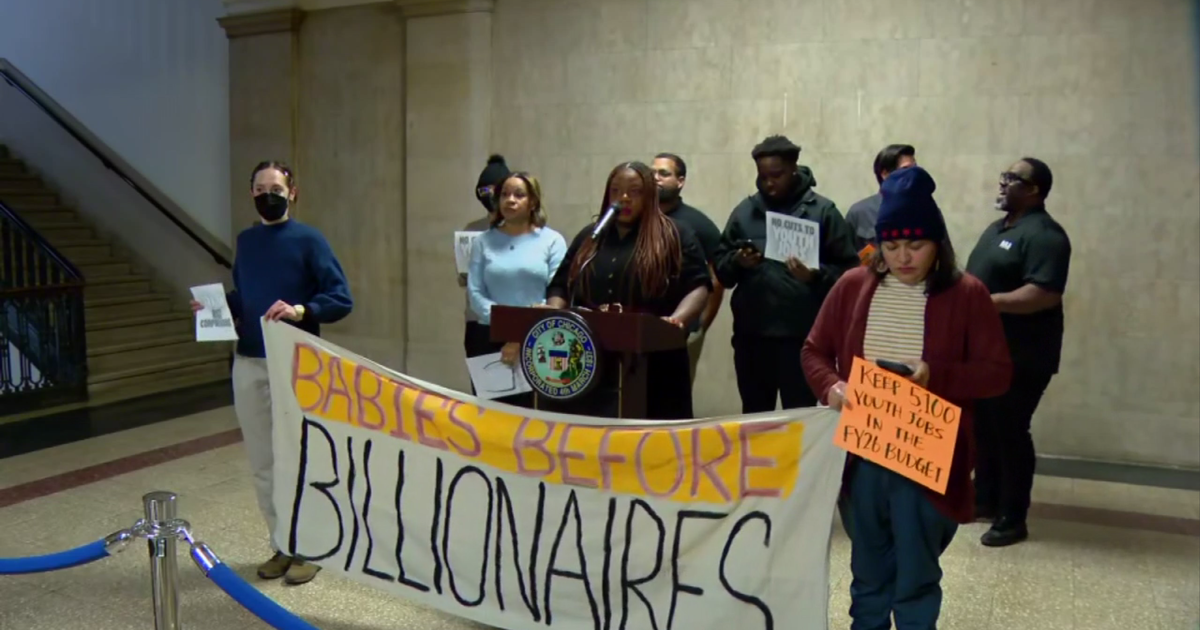Bronx organizations pushing for environmental justice with high asthma rates in community
NEW YORK - "How many people in this room know someone or are someone who has asthma?" Dariella Rodriguez asked a group of students at an evening event at The Point CDC in Hunts Point.
It's common to find someone in the South Bronx who has asthma.
"Most of all my friends and all my family," South Bronx resident Melody Holloway said. "The clinics are filled. Everyone is having asthma and is waiting on treatments."
"I was in and out of the hospitals, growing up my mom was in and out of the hospitals herself," Nina Hernandez, another South Bronx resident, said.
Both Hernandez and Holloway know firsthand what it's like to deal with asthma. They both believe their family's asthma stems from the air pollution in their neighborhoods.
"Here's an open air waste facility where everything they're breaking up, which in construction debris is going into the air," said Mychael Johnson, a founding member of South Bronx Unite.
Grassroots organizations like South Bronx Unite and The Point CDC have been sounding the alarm for years.
"One child necessarily having asthma in our neighborhood is too many," said Rodriguez. She's the director of community development at The Point CDC.
"We have three highways encircling our community. We have five bridges intersecting with this neighborhood," Johnson said.
The Bronx is where the convergence of some of the largest, noisiest, and air polluted highways meet in all of New York City.
"It's the residents who have to deal with the end result, which is the tail pipe emissions that are being left behind," said Kevin Garcia, a transportation planner at NYC Environmental Justice Alliance.
Those tail pipe emissions come from the average of 300 diesel trucks that use the Cross-Bronx Expressway every hour, and the tens of thousands of cars that travel in both directions per day, according to the city.
Garcia said air pollution impacts the highest poverty neighborhoods from the north to the South Bronx. Findings from the group's 2021 report says poor air quality impacts more "low-income communities and communities of color due to historic discrimination in access to housing and racist land use planning".
"There are about 15,000 daily truck trips coming into the Hunts Point Distribution Center, which is the second largest distribution center in the country," Garcia said.
It's no secret why certain neighborhoods of the South Bronx are nicknamed "Asthma Alley." The city released data in December showing children under the age of 17 experienced more than six times the amount of emergency room visits for air pollution related asthma in the Bronx, compared to other neighborhoods in the boroughs.
"Just by living here, there's probably a higher chance someone will develop asthma," Garcia said.
Groups like NYC-EJA say the large warehouses and highways that exist in the Bronx were strategically placed in these neighborhoods and, as a result, many residents now struggle disproportionately because of it.
Both organizations are taking matters into their own hands to fix the environmental injustices they say their communities deal with. They work to educate the youth about ongoing issues and how to get a seat at the table to make change.
"It's really understand as a community not just what's great about our community, but what is stopping us from being great," said Rodriguez.
These grassroots organizations say it's about taking the little steps to improve their communities. St. Mary's Park is one of the only green space parks in the South Bronx. These groups say creating more spaces like it could simply improve cardiovascular health and more ways to live an active lifestyle.
"This is the assemblance of what a solution can be," Johnson explains.
Johnson says small green spaces make a difference in their communities, especially for those with asthma. But in order to create systemic change, these groups say their concerns need to be heard to stop their community suffering.
"We cannot say it's OK to put more warehouses and that bring more trucks into those same neighborhoods. We have to plan and we have to make decisions for our neighborhoods that consider and prioritize and are not just based on needs, but the current issues that are in that neighborhood," said Rodriguez.
You can email Shosh with Bronx story ideas by CLICKING HERE.

